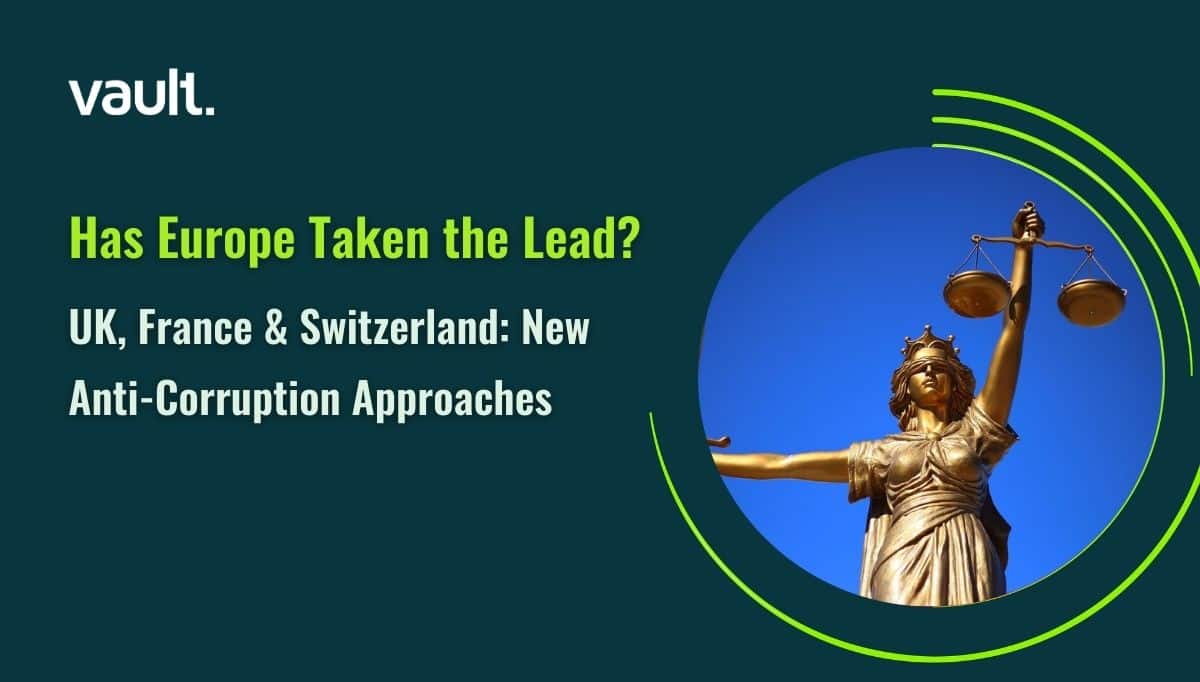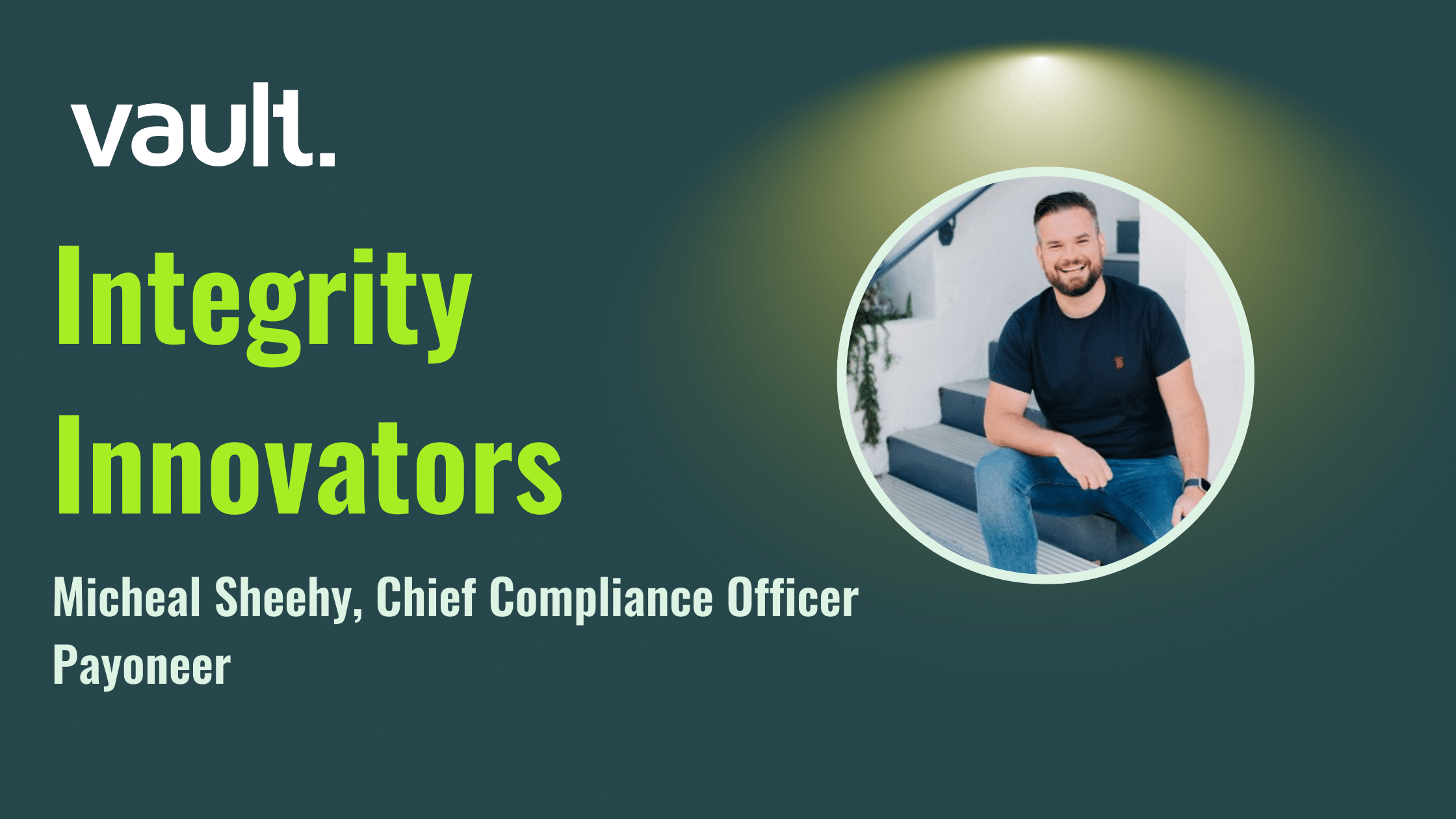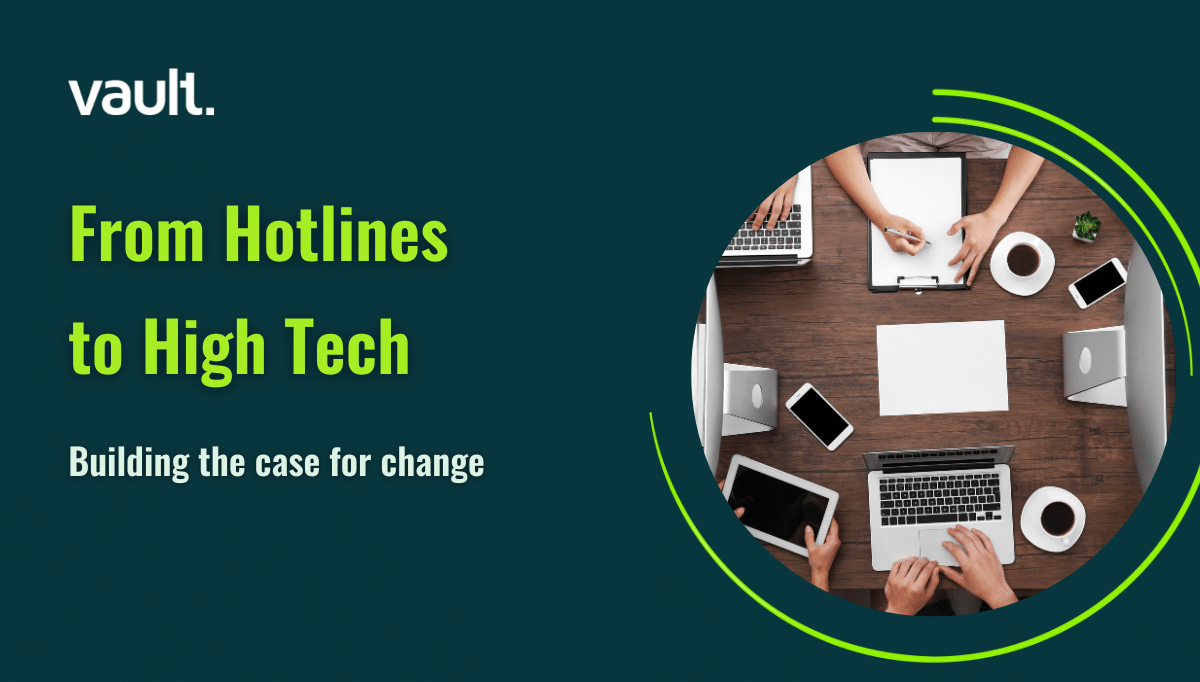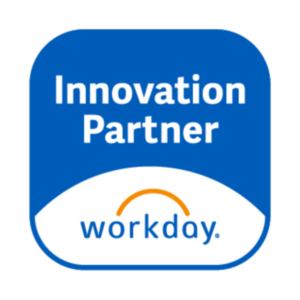In the United States, there were 91,503 Equal Employment Opportunity Commission (EEOC) charges of workplace discrimination in 2016 alone. Given that we know only a small amount of misconduct and discrimination actually gets reported, this is only the tip of what is clearly a very big iceberg.
What’s the impact? Well, there’s plenty of historical research to show that leaders that engage in discrimination corrode the trust of their subordinates and in turn the entire organization. Furthermore, organization reactions to reports of discrimination further shape how the organization is perceived. This is bad for business, bad for the brand, and bad for the customer.
How can technology help?
At the Telegraph Tech For Good event in London this week, there was much focus on how technology is essential for a fairer, less discriminatory, society. Nicky Morgan, Secretary of State for Digital, Culture, Media and Sport in the UK, spoke about how innovation and responsible technology are not mutually exclusive and can in fact be used to drive “security, fairness, innovation and growth” in businesses around the world and in wider society.
Nicky Morgan’s sentiments were shared with another keynote speaker, Anne Boden, CEO and founder of Starling Bank, who said that the culture of organizations is changing around the world. It was encouraging that so much of the agenda was about answering ethical questions and that diversity is a crucial element in the ‘tech for good’ agenda.
“Technology is so powerful if you get it in the hands of the right people,” said Anne Boden. But we also heard that only by building trust in technology can we ensure its widespread adoption and therefore get it in the hands of the right people.
The ethics of code
At a time when trust in technology is low – Edelman’s 2019 Trust Barometer shows that more than 60% of global respondents believe tech companies won’t prioritize our welfare over their profits – it is unsurprising that this topic came up. A recent PWC report suggests the most consequential companies of the next generation will be the ones that prioritize security, privacy, and data ethics, while those that don’t face a harsh reality.
Stephen Kelly, former CEO of Sage, described the condition as “not a code of ethics but the ethics of code,” suggesting that tech companies have a responsibility to ensure what they create is ‘responsible tech’ founded on basic values around integrity, honesty, and fairness.
Indeed, trust is something that takes years to build and seconds to destroy and organizational psychologists have proven that methods to develop inter-organizational trust are the very basic building blocks of human and organizational interaction. A 2011 paper from Finnish academics Kirsimarja Blomqvist and Pirjo Ståhle goes so far as to state that “the ability to build and sustain trust could be a source for sustainable competitive advantage.”
‘Sustain’ is the keyword here. What we call TrustTech is only half of the equation. The other half is embedding trust in behavior. In order for a culture where people can Speak Up without fear to become just that – a culture – speaking up has to become typical behavior. It’s OK to ask questions and it’s OK to use the available tools and processes for reporting misconduct and concerns – that’s what they’re there for.
The takeaway is that organizations can improve society by behaving more ethically and also do well, or better, economically. Meeting employee expectations builds resilient trust with the employer and it is this trust that cements the partnership between the two. With the right education, skills, motivation, tools, and social support, people can change negative behaviors for positive ones to the benefit of all. And the recording and reporting of misconduct needs to be normalized as a positive behavior that builds trust and accountability between employer and employee.




